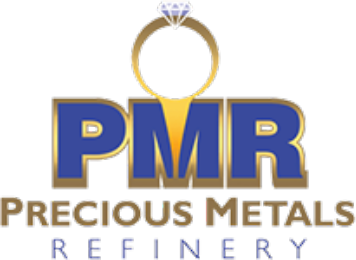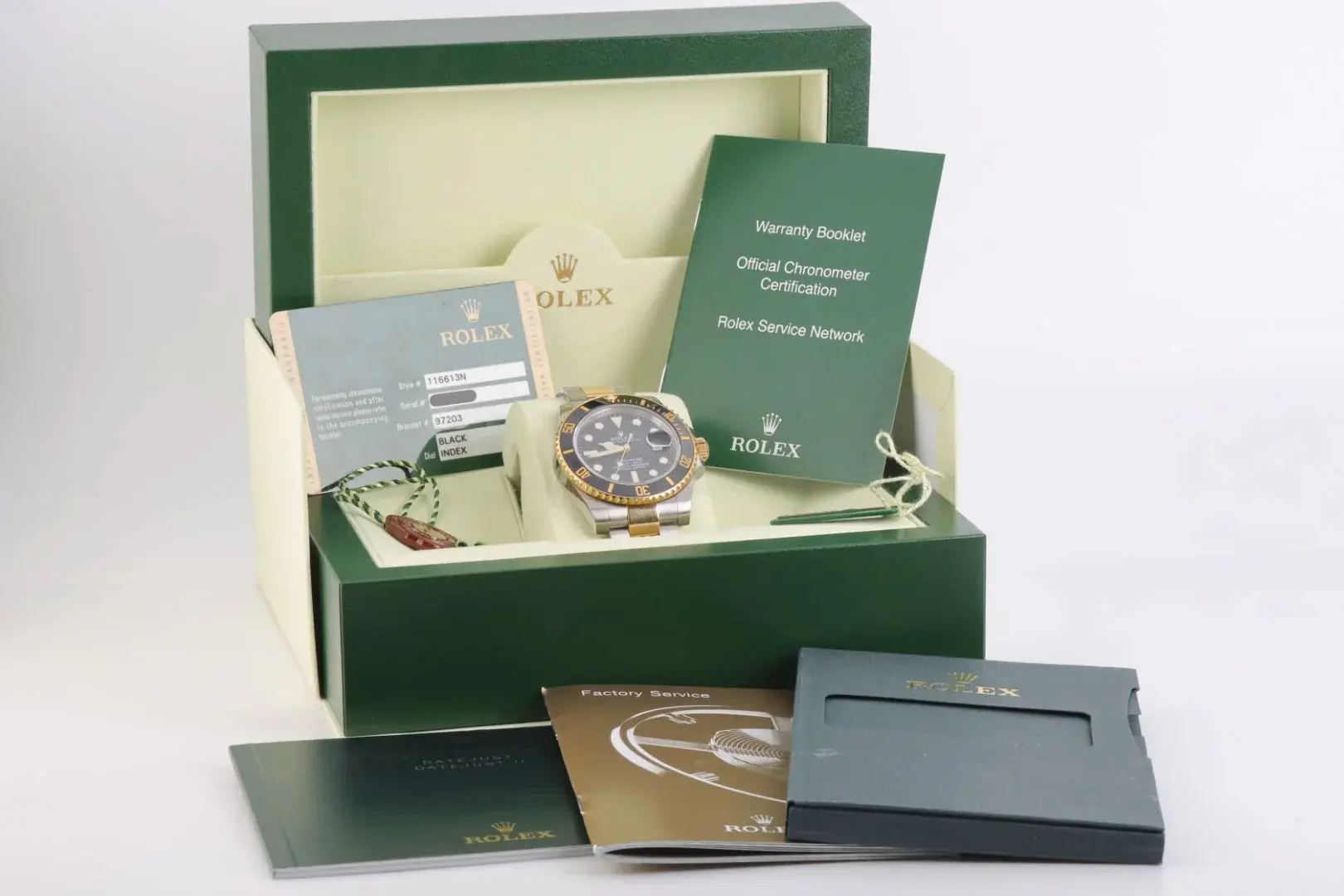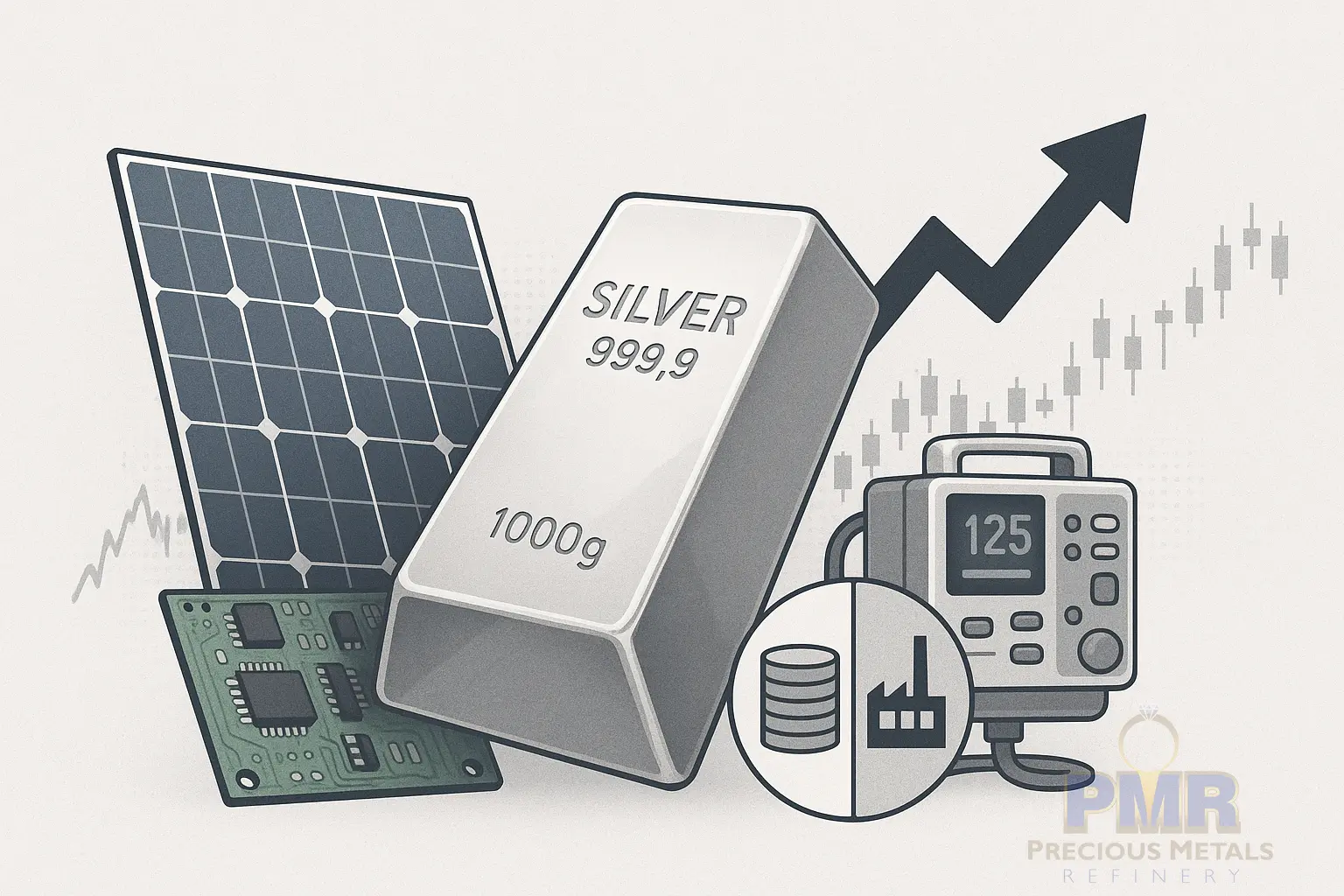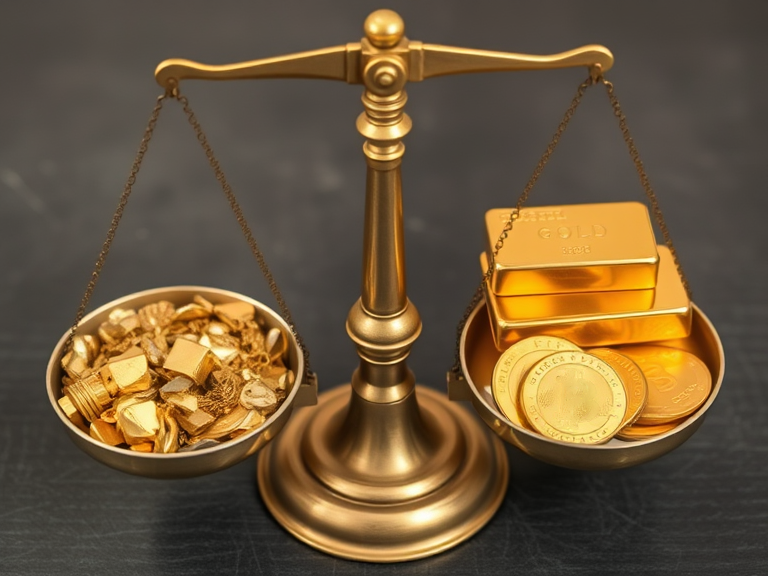How to Buy and Sell Gold Safely
To safely buy or sell gold, always work with reputable, established dealers—especially when you’re preparing to sell gold and want clarity on pricing and testing. Avoid unverified online sellers, and never wire money to someone you don’t know. Ask for transparency on pricing, authentication, and testing, and don’t fall for deals that sound too good to be true.
Deal with Established Reputable Dealers
Choose precious metal dealers or coin shops with a long history and solid reputation. Look for businesses with physical locations, decades of operation, and professional affiliations (like the Professional Numismatists Guild or American Numismatic Association).
Check their BBB accreditation and read verified reviews. Reputable businesses are transparent about pricing, provide receipts, and authenticate items in front of you.
Use Official Mint Channels or Authorized Retailers
If you’re buying bullion coins (e.g., American Gold Eagles or Canadian Maple Leafs), buy directly from the mint (if available) or through authorized dealers. The U.S. Mint offers a list of vetted coin sellers.
These channels ensure you’re getting genuine products. Shops like PMR Bullion also source inventory from verified wholesalers and use in-house gemologists and numismatists to assess gold.
In-Person Transactions in Secure Environments
Conduct gold transactions at secure, professional locations—never in parking lots or online marketplaces. Scams involving fake gold bars sold through Facebook or Craigslist are increasingly common.
A proper buyer will walk you through their evaluation, test items in front of you, and pay you on the spot. This face-to-face format adds transparency and eliminates many risks. The same transparency applies whether you’re selling gold coins, bullion, or looking to sell silver from old flatware, bars, or rounds.
Transparent Pricing and Gold Verification
Trustworthy dealers are up-front about their fees. They’ll quote the current spot price, disclose premiums on bullion, and explain how they value your scrap gold or jewelry when you’re ready to sell jewelry.
Testing methods like electronic scans, acid tests, and x-ray fluorescence should be done in your presence. PMR uses the Niton XRF Analyzer by Thermo Fisher Scientific to assess the elemental composition of your gold. Ask questions and don’t finalize a deal until you understand the payout or purchase terms.
Check Customer Reviews and Word of Mouth
Before buying or selling, research the dealer online. Look beyond Google ratings—check Yelp, BBB, and even Reddit for community feedback. If you know someone who buys metals, ask for their recommendations.
A business that has consistently good reviews and longevity in the community usually has strong standards.
Avoid Unverified Online Sellers
Buying gold online can be risky unless it’s from a known, established platform. Avoid random sellers on social media, online auction sites, or pop-up eCommerce shops.
Use secure websites with SSL encryption, return policies, and visible customer support info. Consider starting with a small order to build trust.
What Safe Gold Transactions Look Like
Stick to proven, reputable channels for your gold transactions. Buying and selling gold doesn’t have to be risky if you take the right precautions. Ask questions, insist on testing, and work with businesses that value transparency.
Gold can be a meaningful asset, but it should never feel like a gamble. By choosing trustworthy sources—like PMR or other established dealers—you reduce your risk and gain confidence in your transaction. Whether you’re planning to sell gold, sell jewelry, or sell silver, the same principles apply: transparency, testing in front of you, and clear pricing tied to the live market.
Want more tips? Check out our full guide on How to Spot and Avoid Gold Scams or learn about Bullion vs. Scrap Gold to better understand what you’re holding.
Sources
- U.S. Mint Authorized Dealers
- Better Business Bureau
- Federal Trade Commission – Gold Scams








